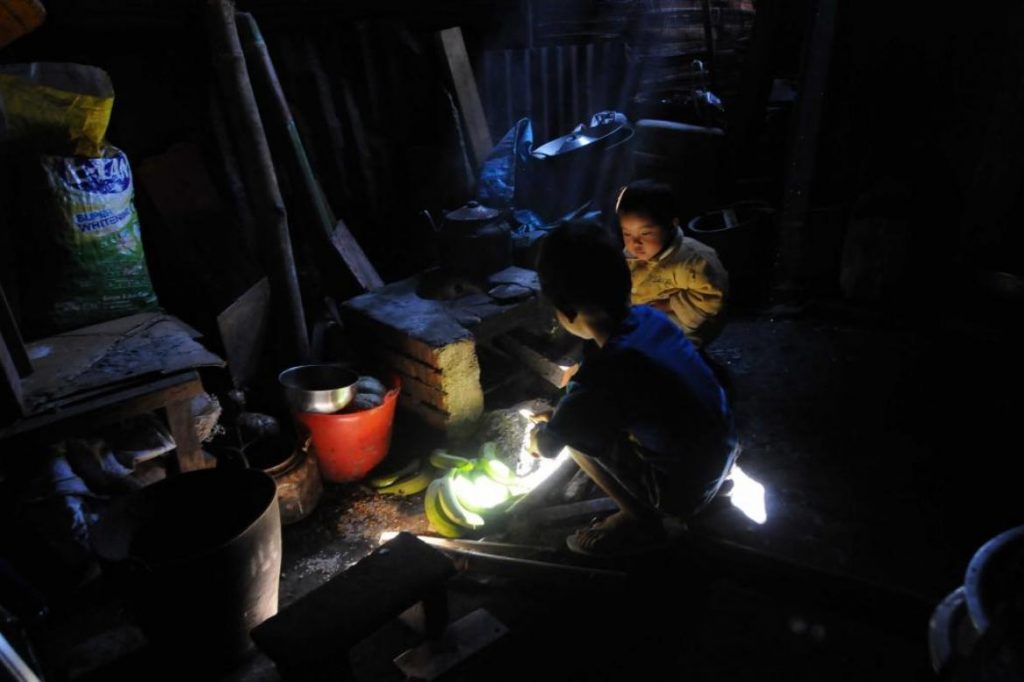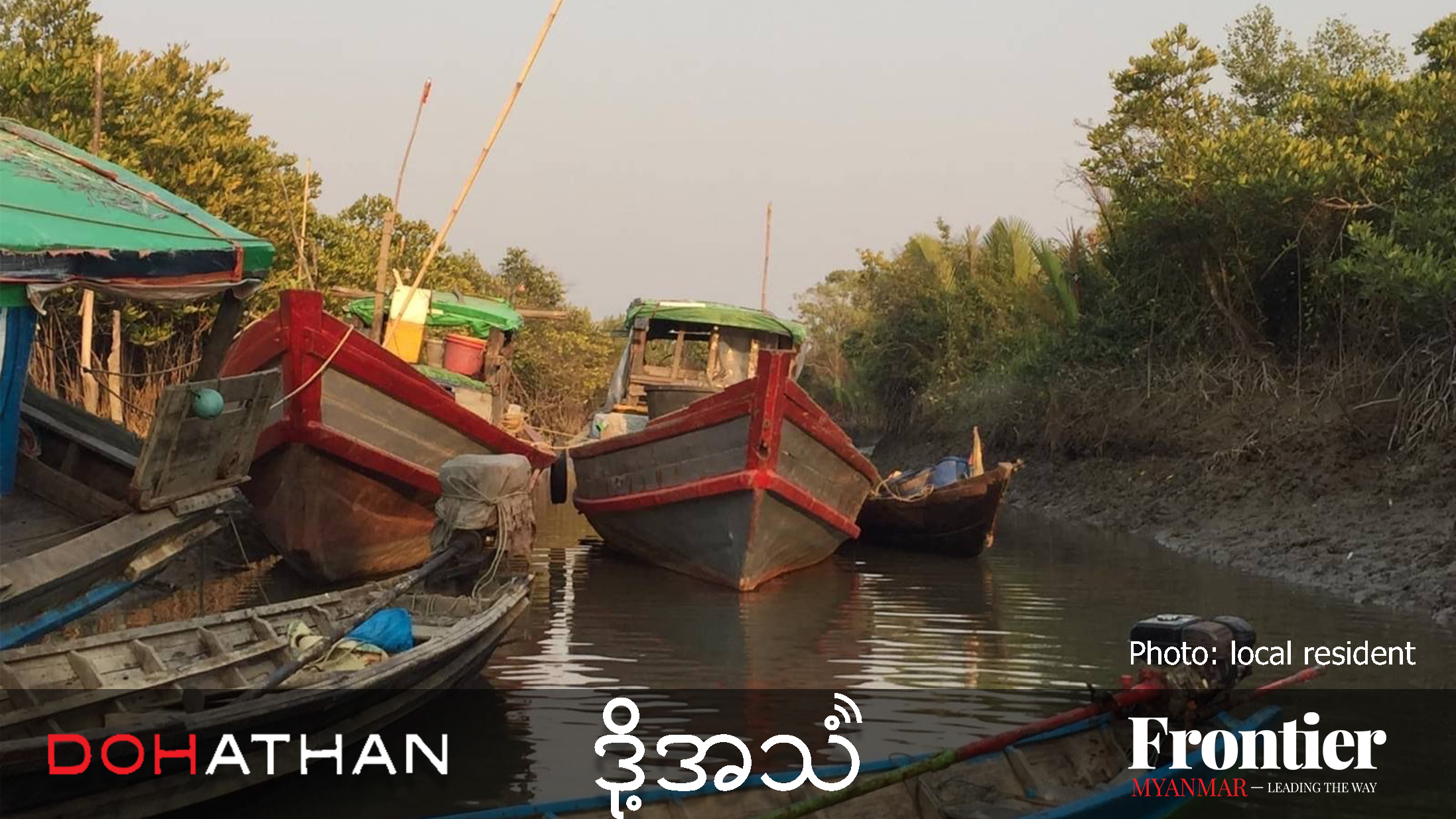By FRONTIER
YANGON — The United States has added Myanmar to its global list of worst human trafficking offenders and accused it of using child soldiers in its latest annual Trafficking in Persons report.
Myanmar and neighbouring Laos joined China and North Korea on the Tier 3 list of countries that have not met minimum standards for the prevention of human trafficking and are not making significant efforts to do so.
The State Department report, which ranks 187 countries and territories on their efforts to comply with international standards on eliminating human trafficking, is the most comprehensive of its kind and informs anti-trafficking policies worldwide.
However, rights groups have previously accused Washington of politicising the rakings; inclusion on the Tier 3 list can trigger non-trade related sanctions and restrictions in US foreign assistance.
Support more independent journalism like this. Sign up to be a Frontier member.
The decision to downgrade Myanmar was linked to Tatmadaw operations in Rakhine State that displaced hundreds of thousands of Rohingya and members of other ethnic groups, many of whom the State Department said have since been subjected to exploitation in Myanmar, Bangladesh and elsewhere in the region.
Around 700,000 people, mostly Rohingya Muslims, fled Rakhine State after the Tatmadaw launched “clearance operations” last August, which it claims were a legitimate response to militant attacks on police outposts. The US has described the operations as “ethnic cleansing”.
The report also said unlawful child soldier recruitment by the Tatmadaw and ethnic armed groups had continued, and accused authorities of preventing the UN from playing a constructive role in eradicating the recruitment and use of children by ethnic armed groups. It said recruitment had reportedly increased due to the “security situation in restive areas”.
Ethnic minority groups, particularly internally displaced Rohingya, Rakhine, Shan, and Kachin communities, continued to be at elevated risk of forced labour as a result of ongoing military incursions, the report said.
Government and military spokespeople did not immediately reply to requests for comment today.
The Tatmadaw continued to require its troops to source their own labour and supplies from local communities, the State Department added, “thereby perpetuating the labour exploitation of adults and children”.
There were also reports that government officials were complicit in sex and labour trafficking, the report said, including by hindering law enforcement efforts against the perpetrators.
It said while the government had reported some efforts to seek criminal accountability for officials complicit in trafficking, the “power and influence of the Tatmadaw” limited the ability of civilian courts to address cases of adult forced labour and child soldier recruitment and use by the armed forces.
“There was no evidence that any soldiers accused of trafficking crimes had ever been prosecuted in civilian courts, nor had the government ever prosecuted a civilian for child soldier recruitment, despite the prevalence of civilian recruitment brokers.”
Most of the government’s law enforcement efforts reportedly continued to focus on sex trafficking or the involuntary domestic servitude of Burmese women through forced marriages to Chinese men.







